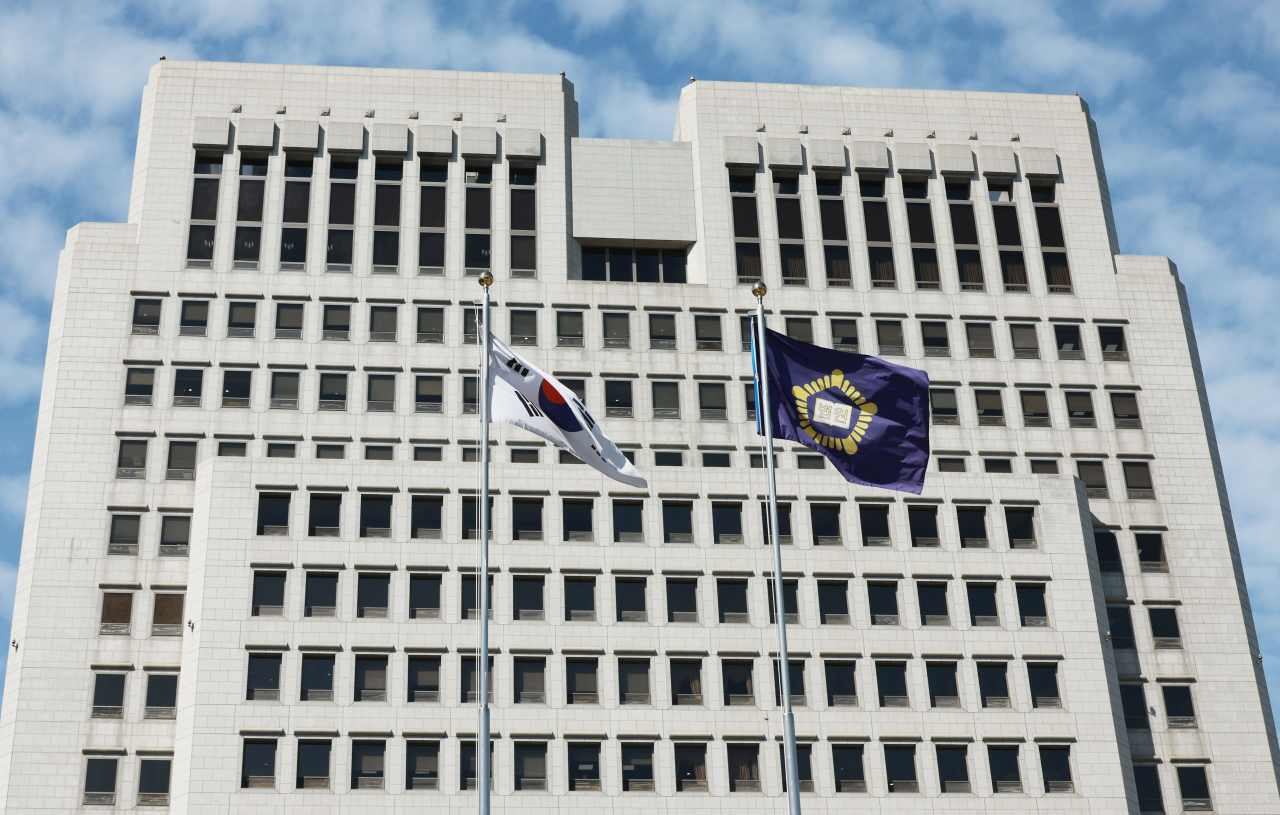
The South Korea Supreme Court has recently ruled that a stalker's actions that seemingly did not irritate the victim but were repeated should be considered as harassment if they came along with an instance of stalking.
The ruling widened the spectrum of stalking by criminalizing the endangerment of stalking for the first time in Korea's judicial history.
In the a September ruling, judgment of which was disclosed Friday, the Supreme Court handed down a 10-month prison sentence to a man on charges of stalking his ex-wife.
The man ended the eight years of marital relationship with his ex-wife in 2017. They had four children.
The man, whose identity remains unknown, approached his ex-wife at her house six times from October to November last year. He was accused of stalking by the victim, who had previously been granted a temporary restraining order against him, though its effective period was unclear.
An attorney who represented the man has reportedly admitted that violence erupted in two of the instances, when he screamed and smashed the front door of the ex-wife's house, and another time when he lied down in front of the house.
But the other four instances -- including one when he stood with his ex-wife in front of her house waiting for their kids to come out, and one when he asked the kids to let him inside the house while ex-wife was not home -- should be seen only as endangerment because actual stalking did not take place, his lawyers contended. As a result, the defense argued only two counts of stalking should be admitted to the court.
But the top court ruled that all six instances should be counted as harassment because although some instances appear not to have been harmful, they can still accumulate and escalate the fear and anxiety of the victim.
Decisions rendered by the Supreme Court are considered binding in all Korean courts.
South Korea enacted a law to criminalize repeated harassment in 2021.



















![[Today’s K-pop] Treasure to publish magazine for debut anniversary](http://res.heraldm.com/phpwas/restmb_idxmake.php?idx=642&simg=/content/image/2024/07/26/20240726050551_0.jpg&u=)